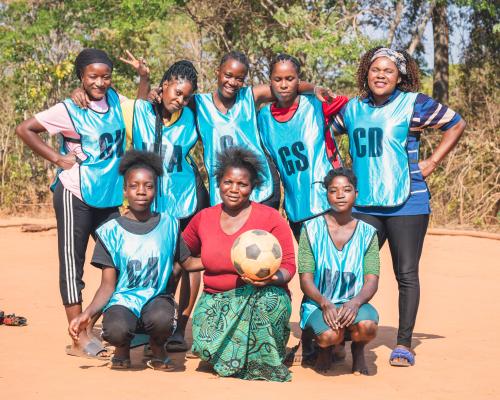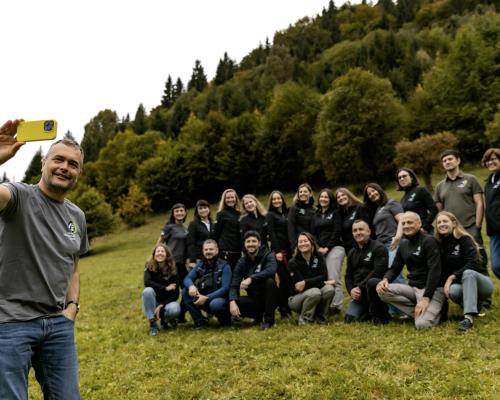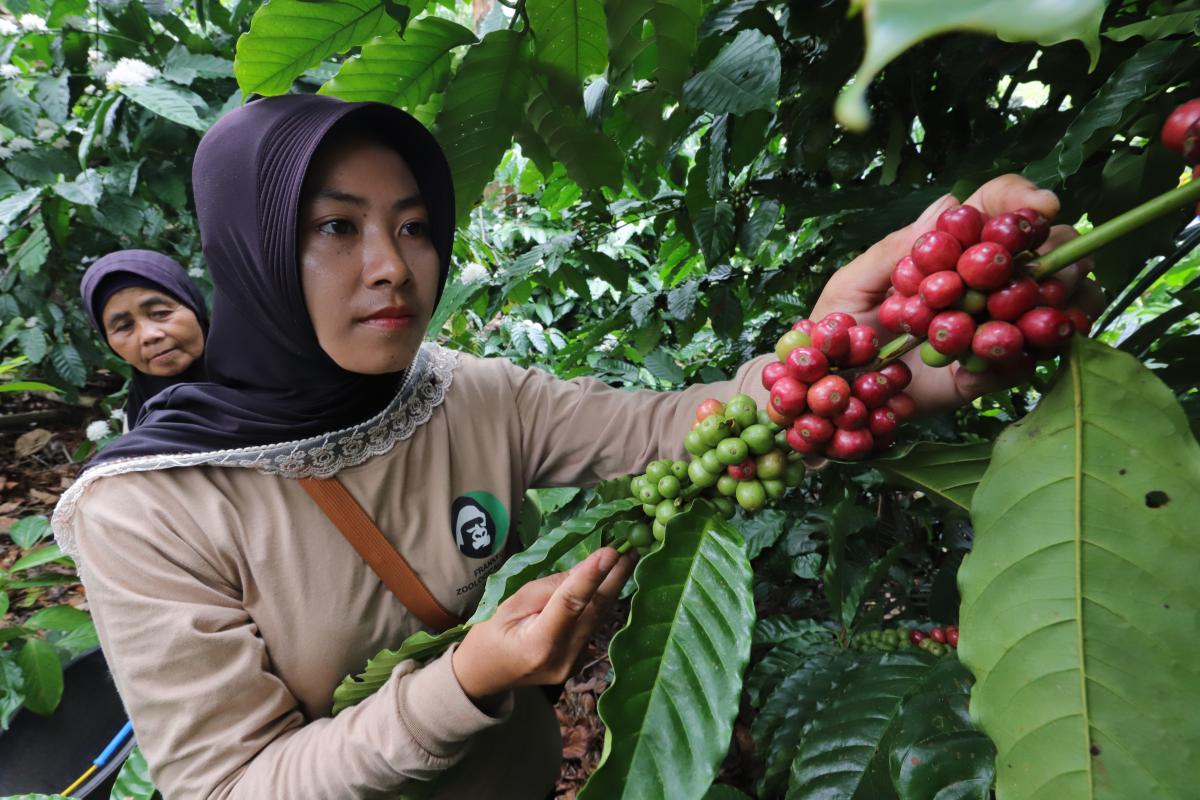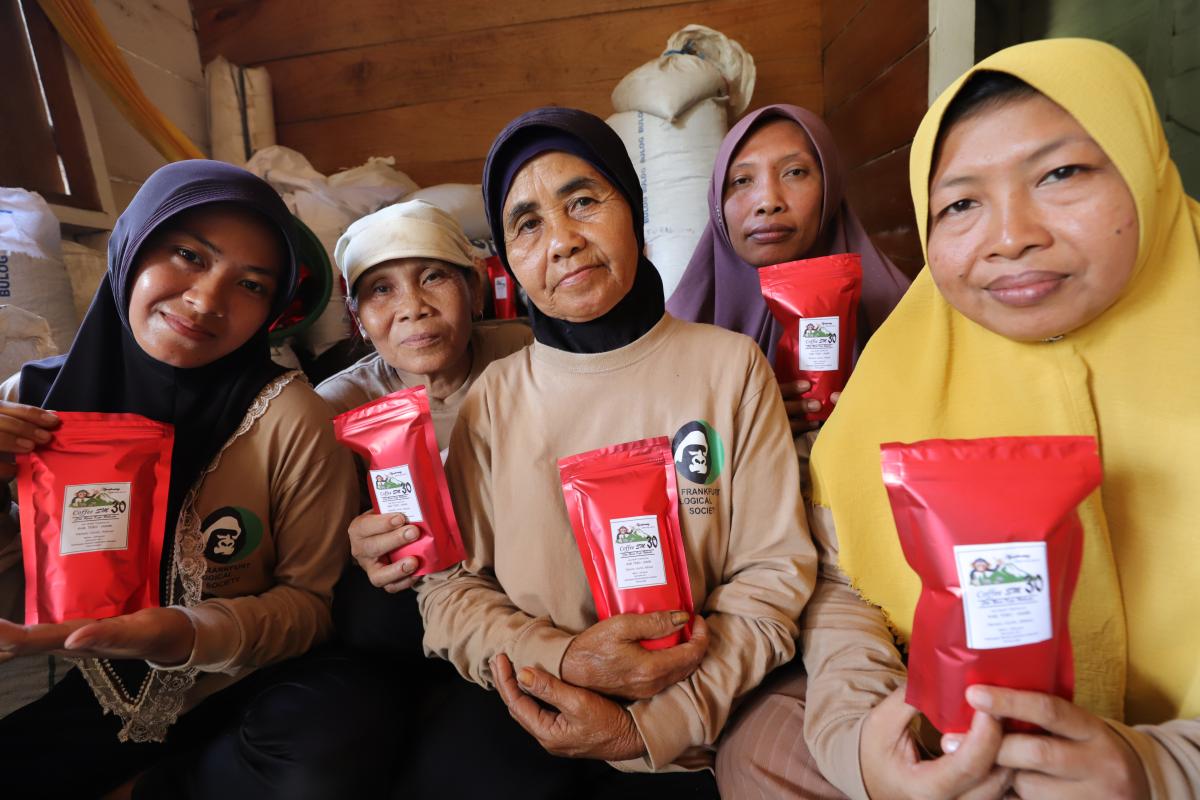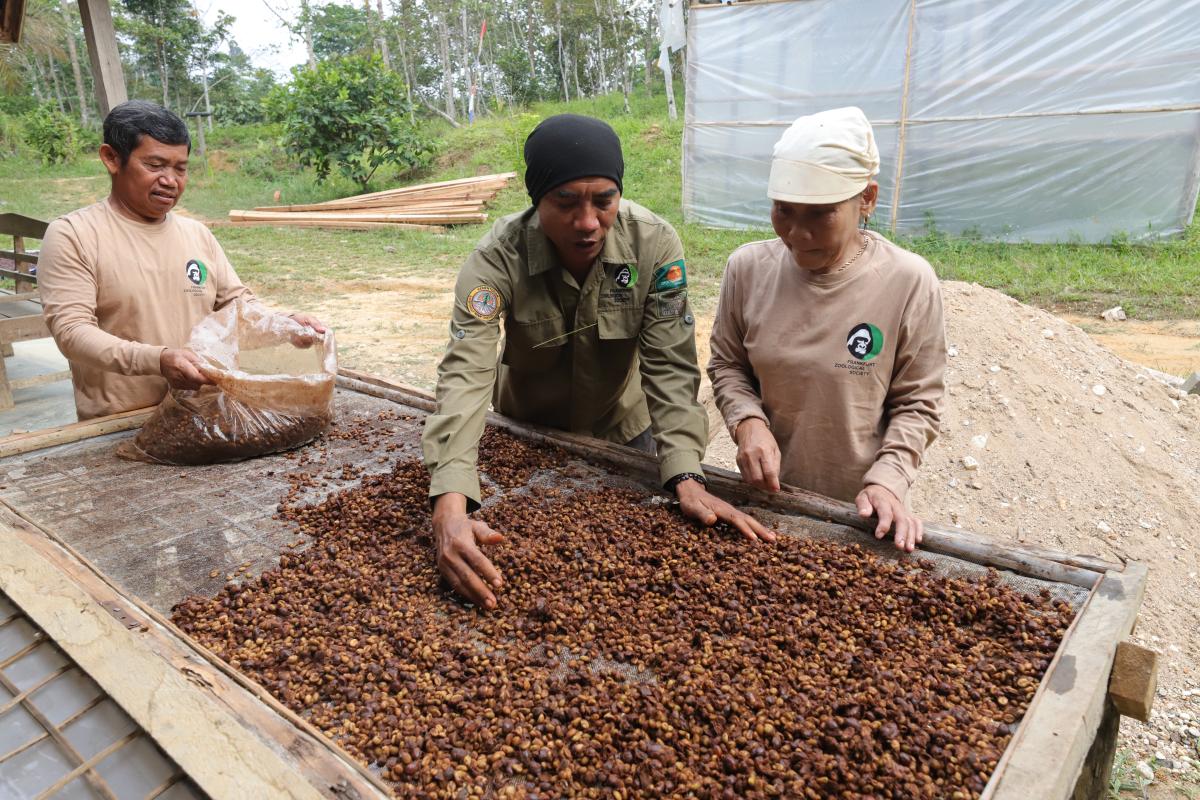In Delima Village, Jambi, a women’s group transforms livelihoods and landscapes by embracing coffee farming. Supported by the FZS agroforestry program, they’ve replaced monoculture oil palms with coffee, mahogany, and native trees. Beyond income, their efforts restore biodiversity, empower their community, and sustain the Bukit Tiga Puluh ecosystem.
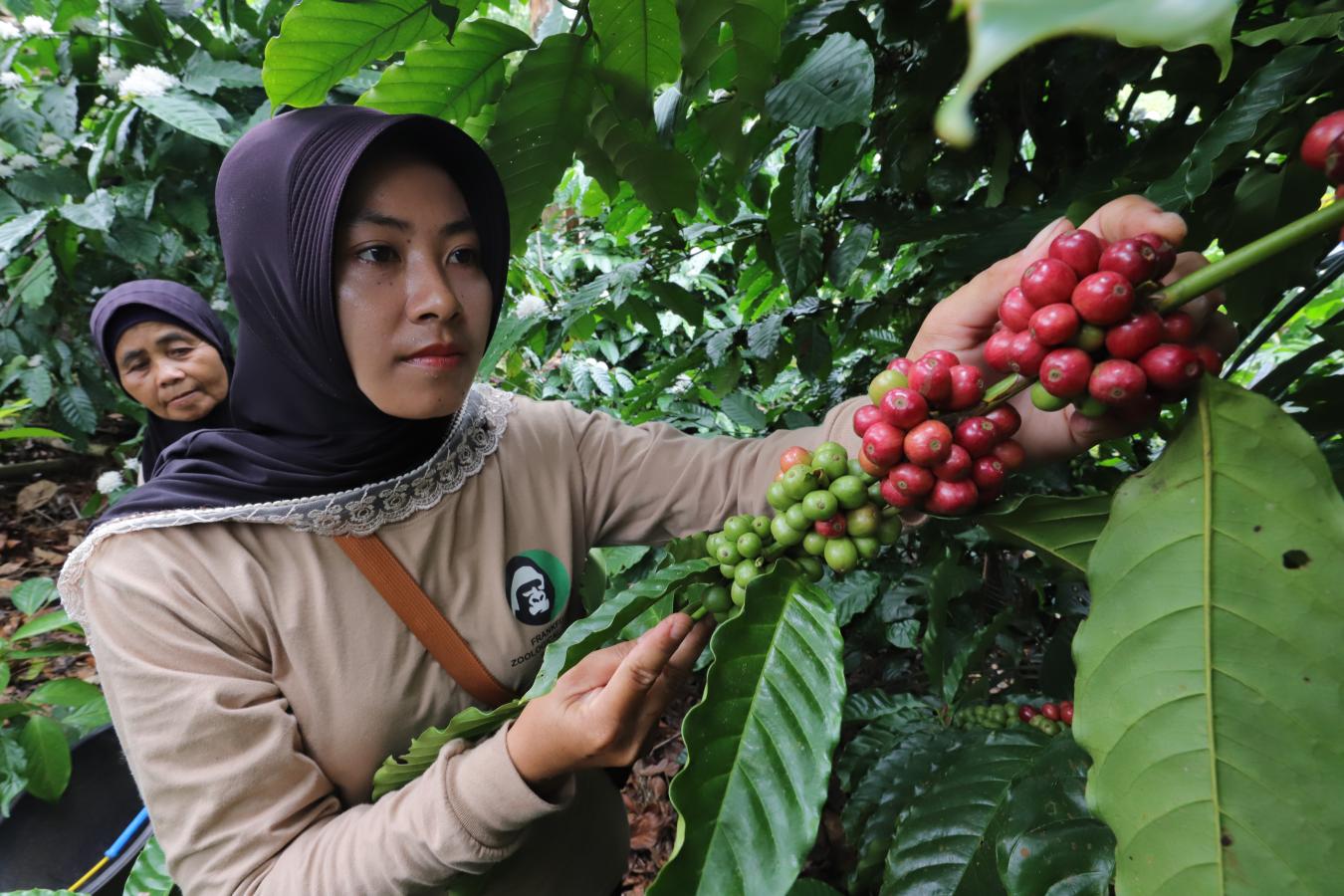
Harvesting Change: The Women Revitalizing Delima Village Through Coffee
As the morning sun rises over the lush landscape of Delima Village, a group of women, buckets in hand, walks towards a patch of land dotted with coffee trees. Kustinah, Elita, Wulanjati, and Legini start their day early, moving between rows of two-meter-high coffee plants, the cherries glistening red under the sun. Their hands move swiftly, plucking the ripe fruit and filling their buckets with the season’s harvest.
Just a few years ago, this routine was not part of their daily lives. These women, like many others in Delima, Pemayungan, Jambi Province, once relied solely on oil palm plantations, which dominate much of the surrounding landscape. The monoculture of oil palms brought predictable, but modest, income. However, it also came with high ecological costs, particularly for a village on the edge of the Bukit Tiga Puluh ecosystem—a critical habitat for endangered wildlife. Things began to change in 2020 when the Frankfurt Zoological Society (FZS) initiated an agroforestry program, encouraging farmers to diversify their crops and reduce their dependence on oil palm.
The FZS saw an opportunity: coffee grows well under the shade of larger trees, making it an ideal crop for an agroforestry system. More importantly, coffee plants begin yielding fruit within just two years, providing a quicker return on investment than crops like vanilla, which can take up to five years to be harvested. By introducing coffee, FZS offered a pathway for farmers to earn an income while waiting for their longer-term agroforestry crops to develop.
The Women’s Farmer Group, ‘Wanita Sejahtera Mandiri,’ formed in late 2022, became a crucial part of this initiative. With 14 women now involved, the group has taken charge of the post-harvest coffee process—transforming raw coffee cherries into high-quality beans ready for the market. For the women, this process is not just about earning a wage; it’s about learning, growing, and becoming part of a larger movement toward sustainable land management.
The coffee cherries that the women collect are just the beginning. After harvesting, they sort the cherries, meticulously selecting the best ones for washing, peeling, and drying. Every step—roasting, grinding, and packaging—adds value, turning a simple product into something that can be sold not only locally but also in specialty coffee markets.
“We didn’t know much about coffee before,” Elita says, her hands covered in the red hue of freshly picked cherries. “But now, we understand how important it is, not just for our income, but for our land.”
We didn’t know much about coffee before,” Elita says, her hands covered in the red hue of freshly picked cherries. “But now, we understand how important it is, not just for our income, but for our land.
The women of Delima aren’t just processing coffee—they are revitalizing their land. Surrounding the coffee plants are mahogany trees, jengkol, and other valuable species that help maintain soil health and biodiversity. These crops also provide long-term economic potential for the farmers. The agroforestry model ensures that
the land is used in a way that supports both agriculture and conservation, crucial for a region home to endangered species like the Sumatran elephant.
For Kustinah and the others, the transition to coffee and agroforestry has been a significant shift. It’s not just about farming differently; it’s about a deeper connection to the land and the wildlife that shares it. The women’s group has also taken on vegetable farming for domestic needs and microfinance training, adding yet another layer of empowerment to their journey.
Today, over 3,000 coffee plants thrive in Delima, and the group harvests roughly 200 kilograms of beans each month. This is only the beginning. With every coffee cherry they pick, the women of Delima are creating a new narrative—one of sustainability, empowerment, and balance between human livelihoods and ecological health.
The success of the ‘Wanita Sejahtera Mandiri’ group is not just measured in the beans they sell, but in the knowledge, they’ve gained and the community they’ve strengthened. Through their work, they are proving that sustainable farming can provide a better life for their families and a safer future for the Bukit Tiga Puluh ecosystem.
The coffee these women cultivate is more than just a crop—it’s a symbol of resilience, adaptation, and hope for a sustainable future.






